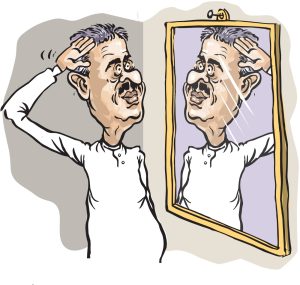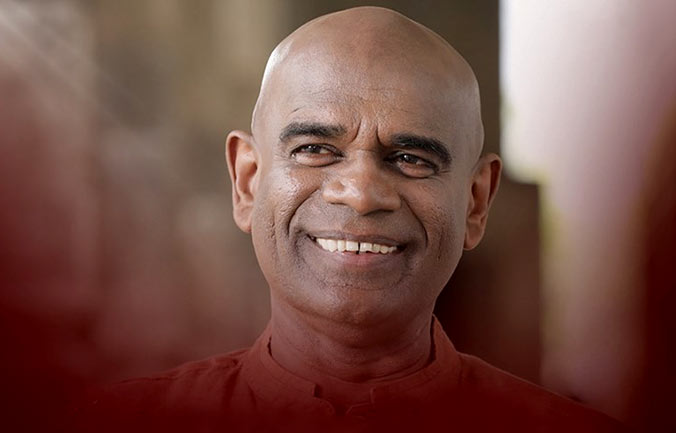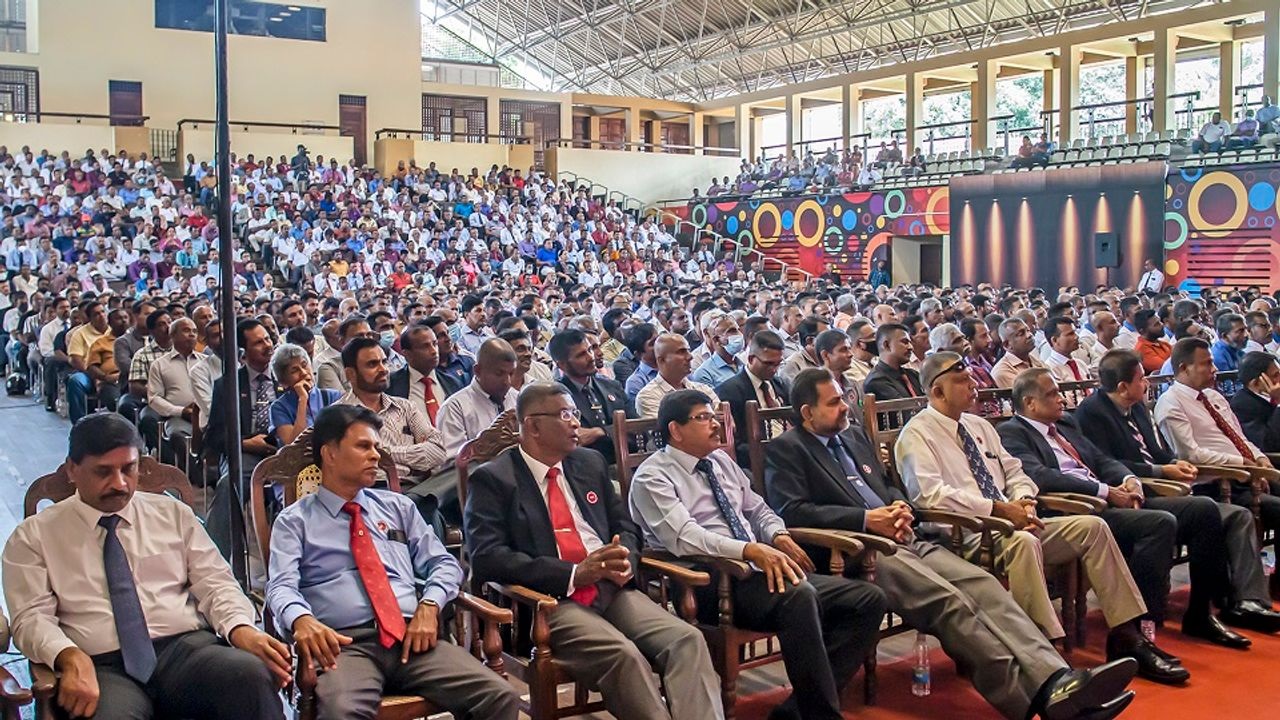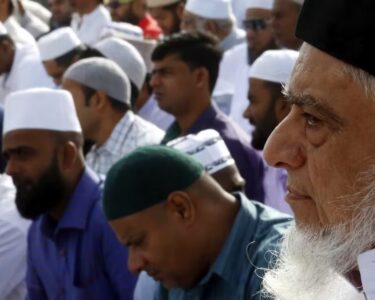The Growing Intersection of Military and Politics in Sri Lanka: A Troubling Trend?

In recent years, the line between military service and political ambition has become increasingly blurred in Sri Lanka. This intersection is raising concerns about the implications for democratic governance in the country, as former military personnel play an ever-more prominent role in the nation’s political landscape.
At the forefront of this trend is the Aditana Collective, a group of retired military personnel aligning with the JVP/NPP in their bid for political power. These veterans, many of whom served during Sri Lanka’s brutal civil war, have expressed frustration with civilian governance and see their involvement in politics as a necessary step to “save the country” once again. This narrative, however, carries a dangerous undertone.

The romanticization of the military in Sri Lankan politics is not new. The Rajapaksa era, which capitalized on the image of the war hero, entrenched the military’s role as a symbol of national pride and moral authority. Yet, this glorification often overlooks the darker aspects of military involvement in governance. The use of the military in suppressing civilian protests, as seen in the Rathupaswala incident where unarmed civilians were shot by soldiers, underscores the risks of militarization in political decision-making.
The psychological toll of war, including unaddressed issues such as Post-Traumatic Stress Disorder (PTSD) among former soldiers, adds another layer of complexity. These “psychologically injured” veterans may carry unresolved trauma into their political roles, potentially influencing their approach to leadership and governance in ways that could destabilize civil society.
This rising tide of militarization within politics poses a critical challenge for Sri Lanka’s democracy. The blending of military ethos with political ambition not only risks undermining civilian rule but also threatens to perpetuate a cycle of authoritarianism. As retired military leaders increasingly step into the political arena, the nation faces a pivotal question: Can democratic governance withstand the pressures of a militarized political landscape, or will the balance of power shift irreversibly towards a new kind of leadership, one rooted in the legacies of war rather than the principles of democracy?
As Sri Lanka approaches another election cycle, the role of the military in politics will likely be a key issue. For many, the presence of former military leaders in politics symbolizes strength and security. However, for others, it raises alarms about the potential erosion of civilian oversight and the dangers of a governance model that draws too heavily on the military’s influence.







